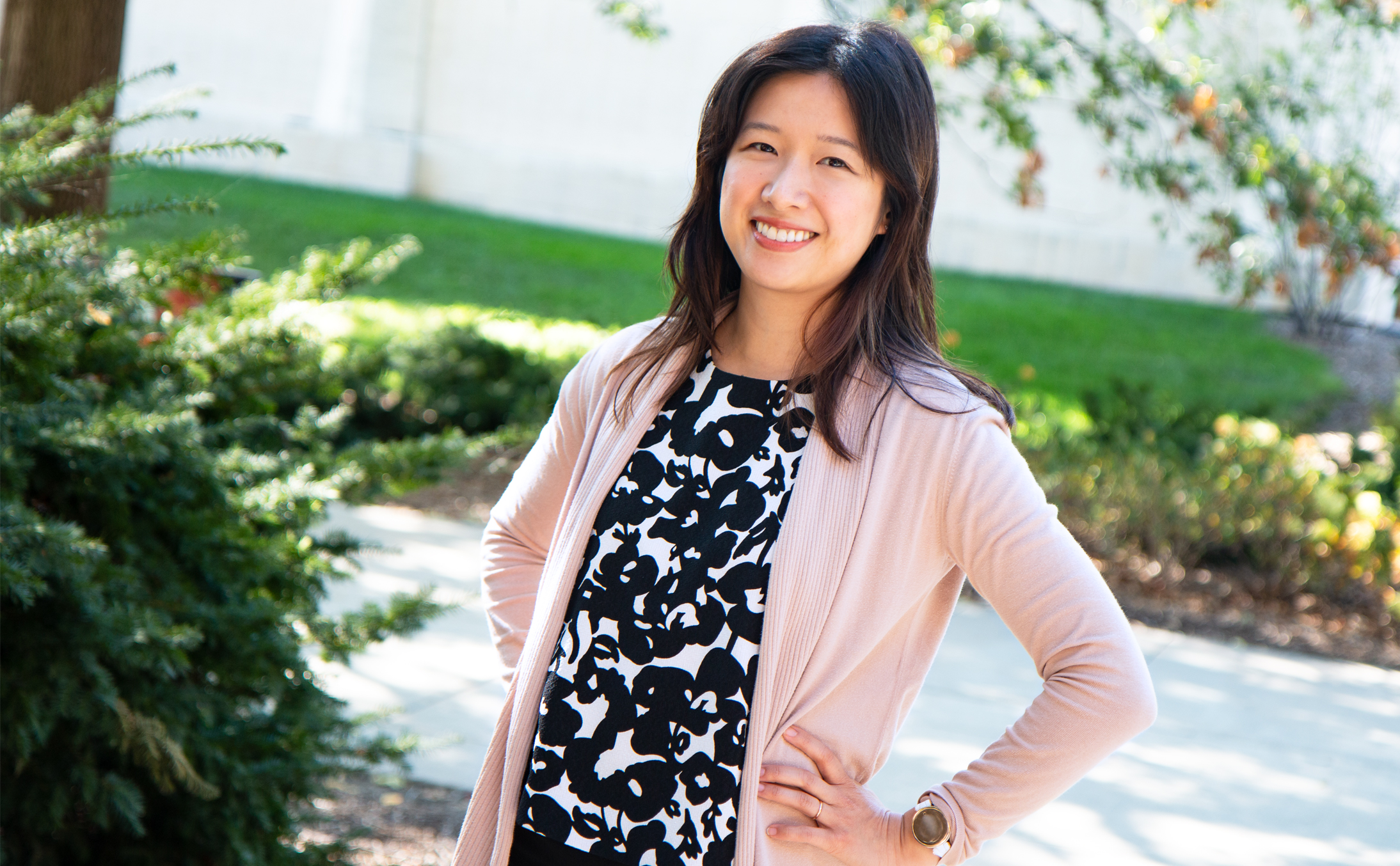
It may seem obvious, but the emotional bond babies develop with their parents is crucial — not only for their survival, but also to ensure positive outcomes throughout life.
Less-obvious, however, is how this bond — known as attachment — develops.

It may seem obvious, but the emotional bond babies develop with their parents is crucial — not only for their survival, but also to ensure positive outcomes throughout life.
Less-obvious, however, is how this bond — known as attachment — develops.
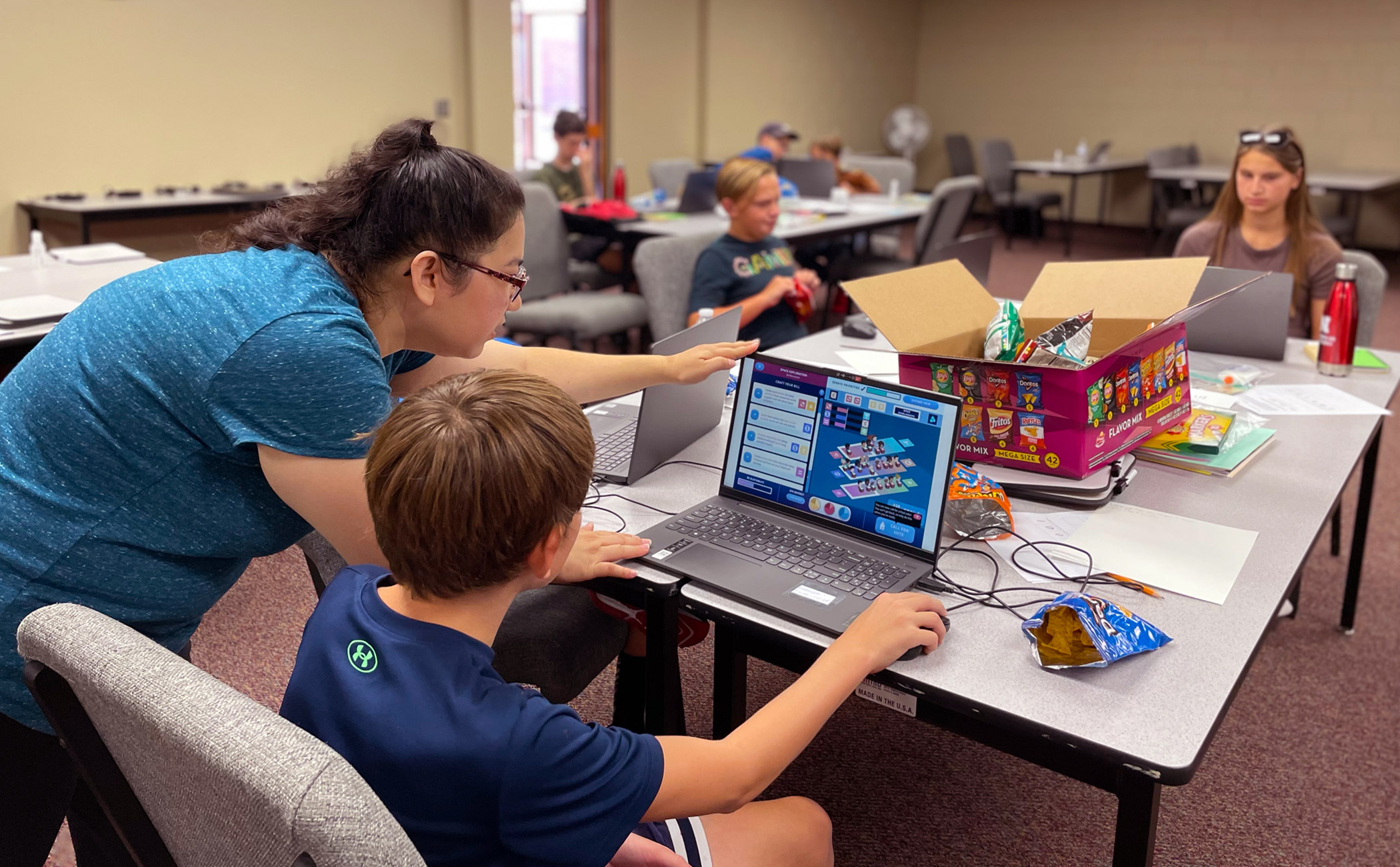
With the world becoming more complex each day, the importance of civic knowledge and community engagement is on the rise — especially among younger generations.
Nebraska researchers are leading a project designed to provide civics, entrepreneurship and leadership education to underserved youth through an innovative learning program based on interactive online games and simulations.
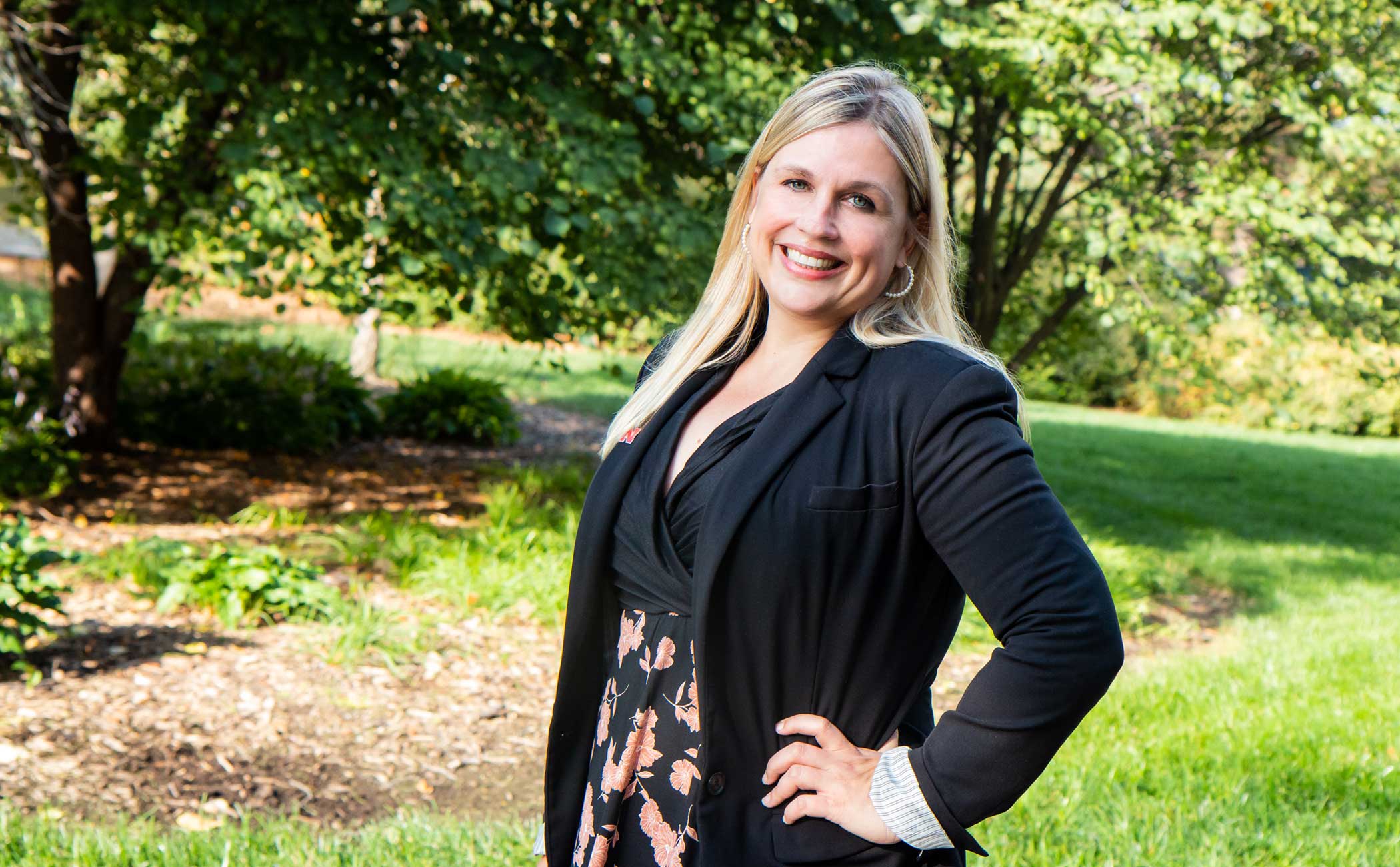
With the pandemic-fueled anxiety of the past year and a half, workplace stress has become more common among much of the workforce.
Even under less-tumultuous conditions, job stress is a big contributor employee turnover. In early childhood settings, turnover can negatively impact educator relationships with children and families, and compromise children’s learning and development.
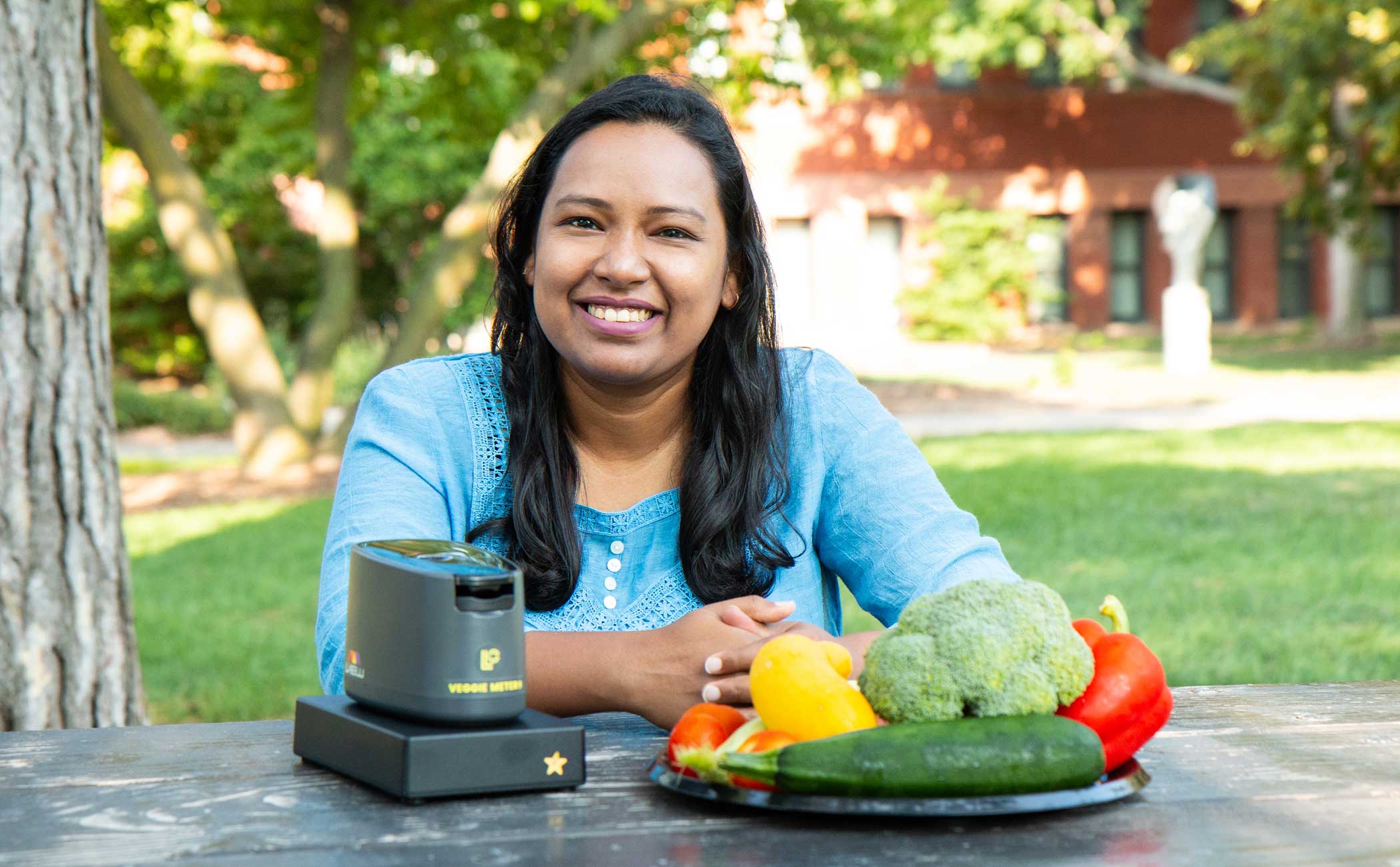
Early childhood obesity is a major U.S. public health problem, afflicting children from low-income and minority families in rural areas disproportionately with an increased risk for long-term health disparities, according to the Centers for Disease Control and Prevention.
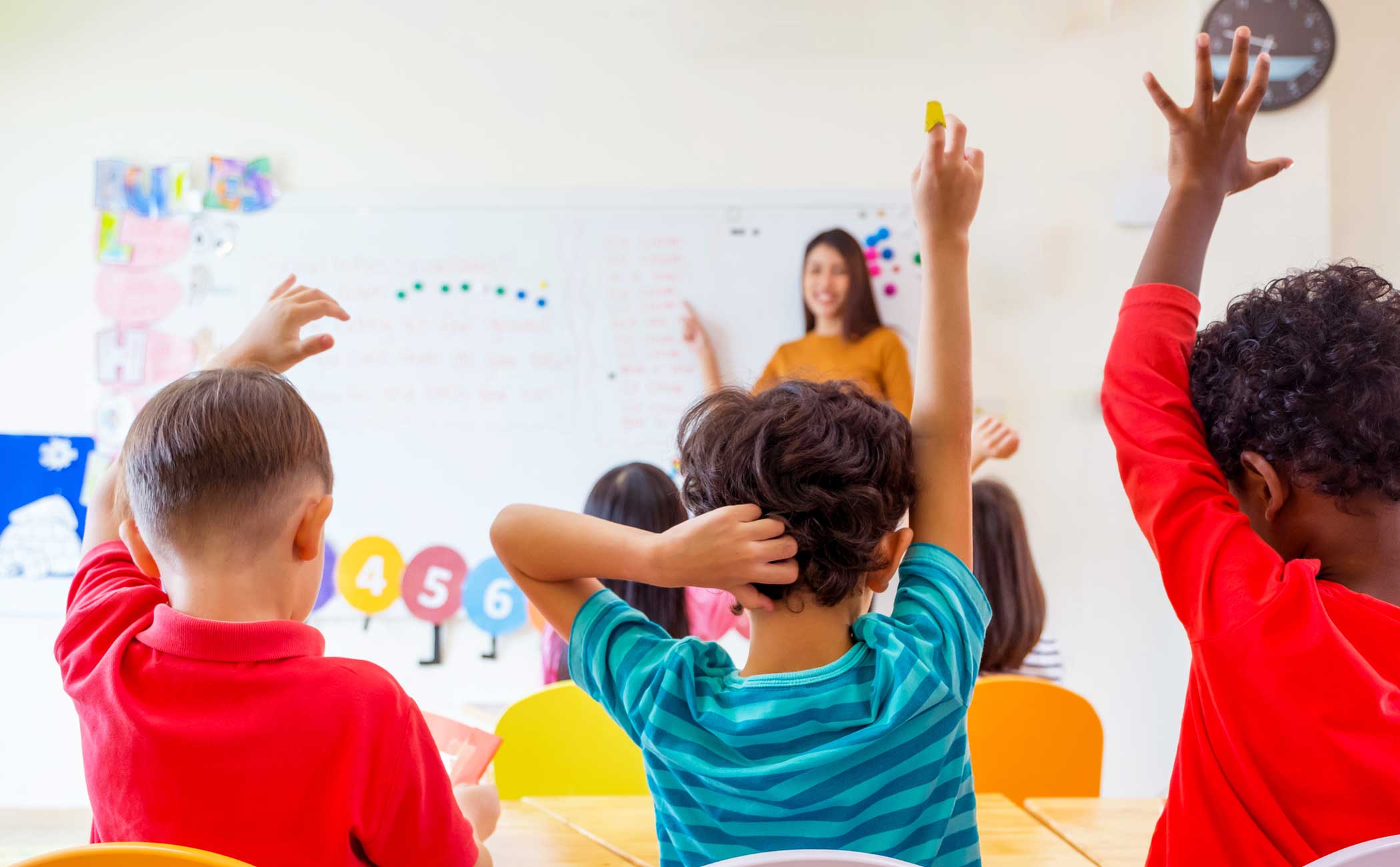
Strong social-emotional skills have been found to impact children’s development and later success.
Research also shows children exposed to adverse experiences — maternal depression, poverty, parental substance use, physical abuse and neglect — are at risk for having lower social-emotional functioning compared to their peers.
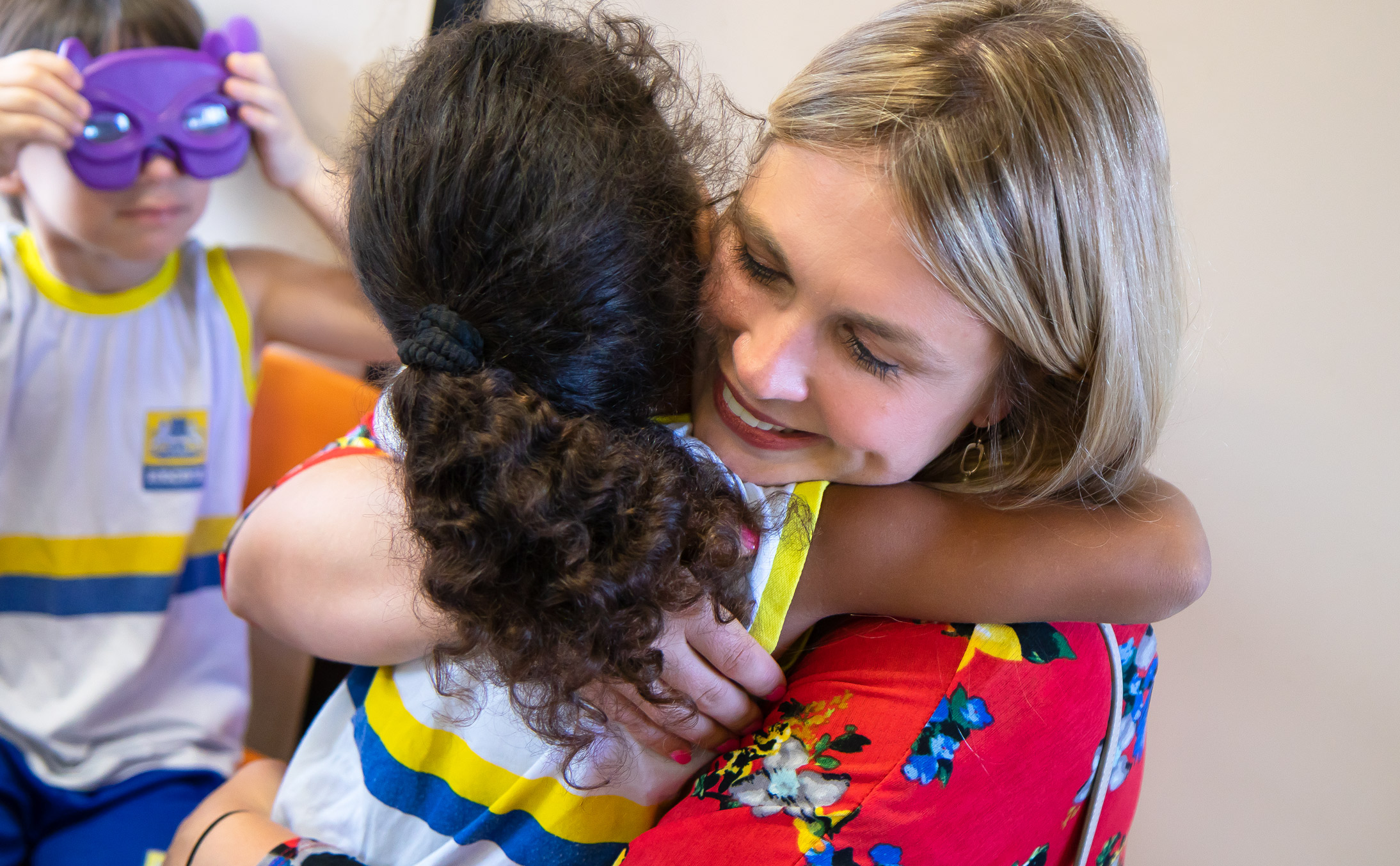
While great efforts are made to improve children’s well-being in childcare environments, far less attention is paid to caregivers’ well-being. Evidence shows compassion- and mindfulness-based programs and strategies enhance both caregiver and child well-being, which may reduce burnout, stress and depression — and lead to children receiving more sensitive and responsive care.
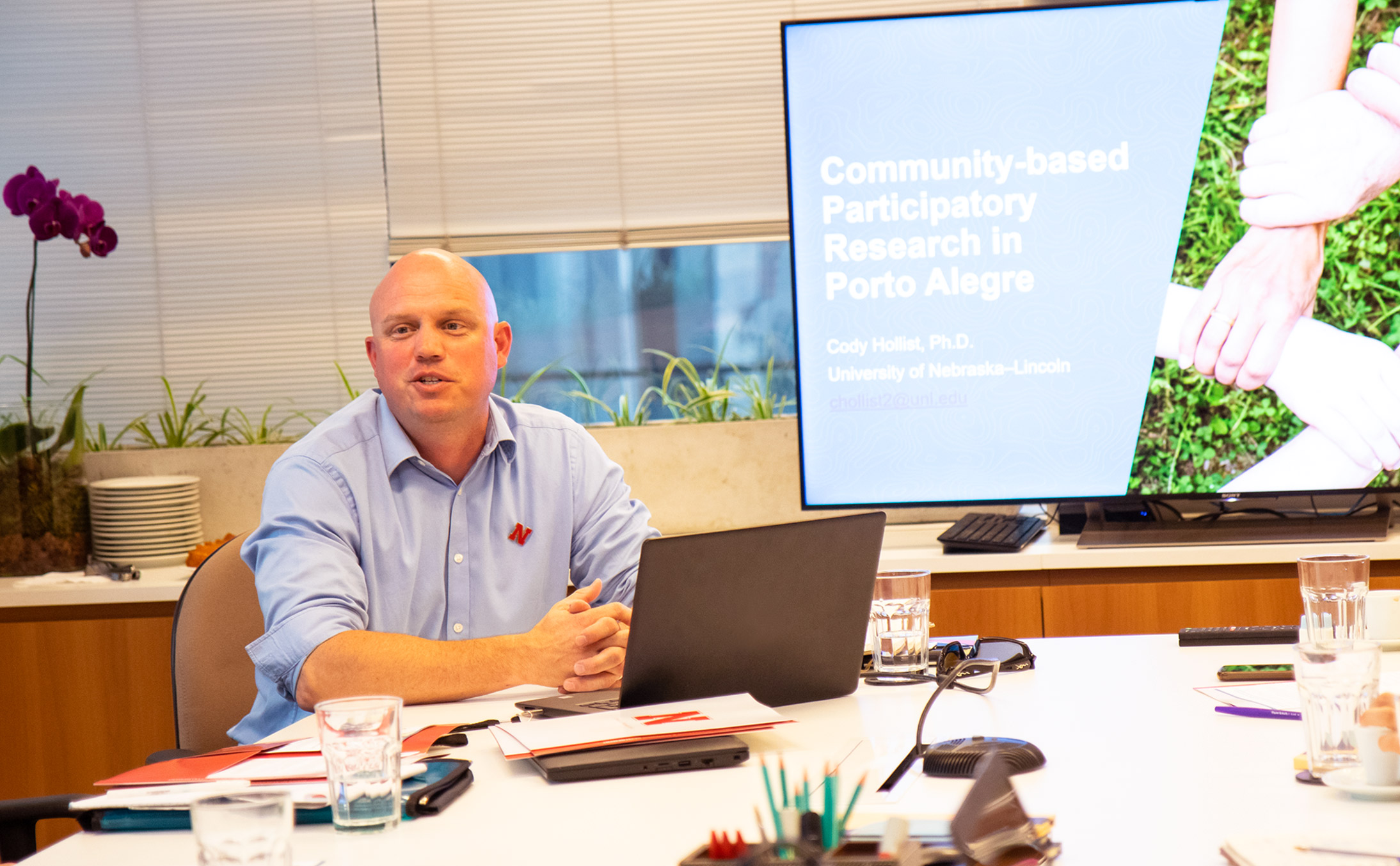
Efforts to help vulnerable communities is most effective when it actively engages community members, agencies and other stakeholders in solving complex social problems.
In many parts of Brazil, communities must find their own ways to address the needs of children and families with limited resources. Those needs have intensified since early 2020, as COVID-19 quickly spread throughout the country.
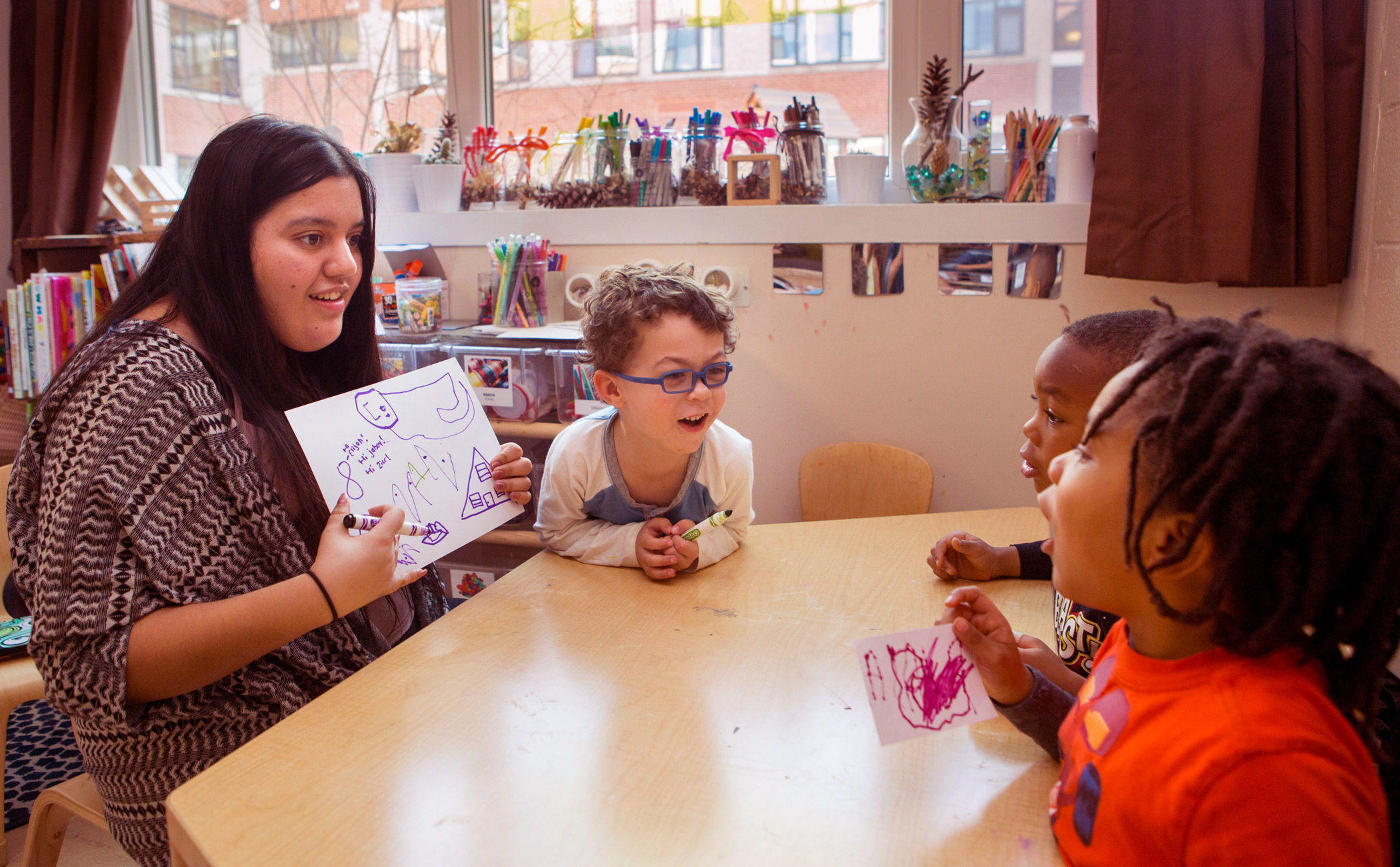
Throughout the United States, the number of teachers qualified to support students with special needs is declining. In Nebraska, school leaders are concerned the shortage of special education teachers will put these students at risk for compromised learning and growth.